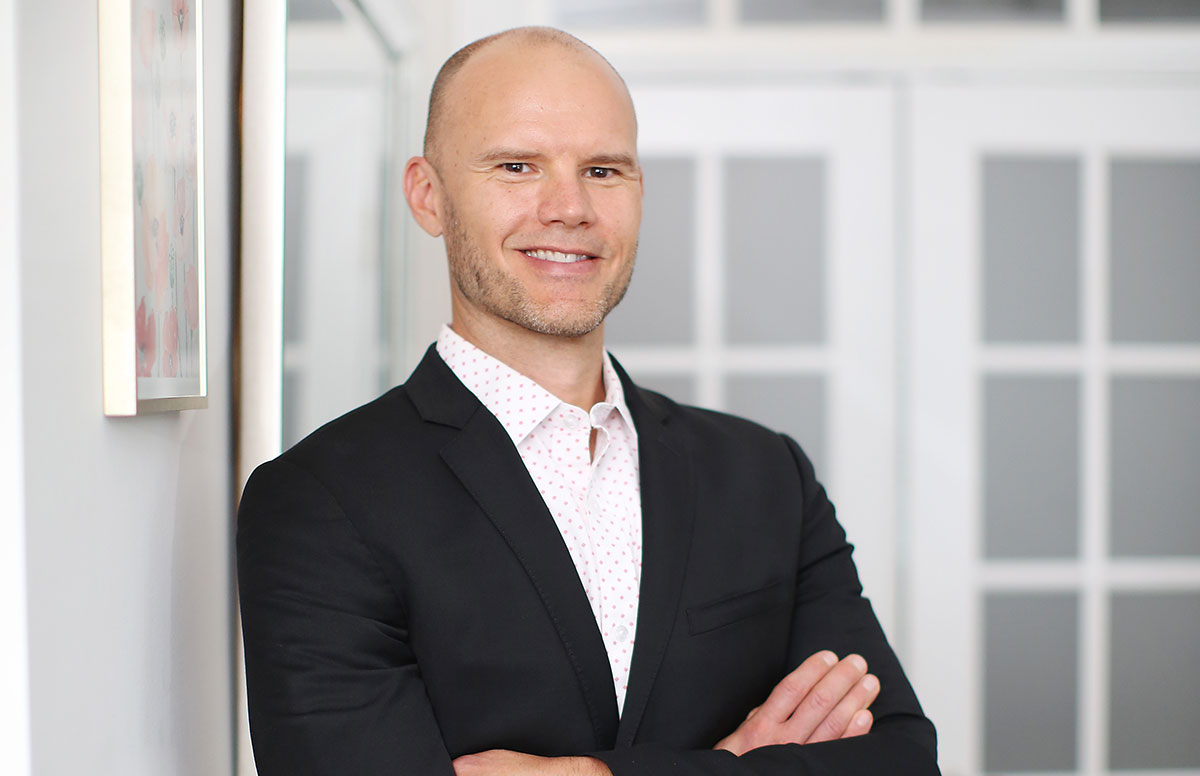Curiosity and enthusiasm for learning and improvement, often through collaboration with university-based researchers and academicians, is deeply embedded in the DNA of LeadingAge and our members. Whether through collaboration with my research colleagues at the LeadingAge LTSS Center @UMass Boston, or via arrangements forged with institutions located in close proximity to their campuses, these academic-and-research focused partnerships help members expand capabilities, fulfill their missions, and prepare for future success. That’s true in technology-related endeavors, as well.
Academic and research connections, integral since the LeadingAge Center for Aging Services Technologies’ beginnings way back in 2003, remain a constant–even as technology evolves.
Years back, we focused on raising awareness and demonstrating the potential of applying technology to aging services. Early collaborations with academics at University of Virginia and elsewhere helped make that point. Twenty years later, tech’s potential and possibilities are not questioned. But understanding the how and why of applying tech advances is critical, and for that, we partner with academics and researchers.
LeadingAge CAST Commission Focuses Attention on AI Innovations
The LeadingAge CAST Commission, which brings together leaders in the field twice a year to share technology innovations that improve senior living operations and resident care, has highlighted artificial intelligence (AI) transformations in recent years. (If you want to learn more about joining the CAST Commission, email me.)
In 2023, for instance, David Liebovitz, Department of Medicine for Clinical Informatics at Northwestern Medicine, gave CAST Commission attendees a glimpse of the coming “tectonic shift” in daily work thanks to AI. Last April, Angela Virtu of American University’s Kogod School of Business dug deeper, sharing insights on strategies for creating an AI-enabled workforce. She presented an organizational AI adoption framework designed to guide organizations on their AI journey and help them identify opportunities for AI-powered workflows.
Partnerships to Inform Technology Development
Another important type of academic research collaboration related to CAST is the development of technologies. As we explored a few months ago, LeadingAge members and residents reap a multitude of benefits by teaming with researchers and universities on projects and programs. Gaps in priorities between the developers and investors who provide access to new technologies and the end users are common. Research shows that involving older adults in the development of care technologies is key to creating effective technologies, yet many tech solutions are built without that input.
Involvement with tech development surfaces essential design insights for cutting-edge research hubs, gives students invaluable learnings, and creates a sense of purpose among staff and residents. For older adults, participation in tech research can be transformative: “that’s me at my best,” one study participant told researchers, describing the impact of involvement. Said another: “… It really is good for the soul.”
The Value of User-Centered Design
The benefits extend beyond each resident and each aging-services community, however, because user-centered design drives engagement. Resident and staff feedback lays the foundation for solutions that can scale and endure in senior living settings and beyond because they are grounded in real-world needs and experiences.
Josh Sach, founder and developer of personalized artificial intelligence voice companion Meela, partnered with LeadingAge member RiverSpring Living for a product pilot from November 2024 to January 2025 in its independent living, assisted living, and skilled nursing settings. Results were encouraging, Zachary Palace, MD, medical director of Hebrew Home at Riverdale on the RiverSpring campus, told McKnight’s Senior Living. “Subjectively, individuals participating were more social and [were] engaging more in social activity outside of their rooms.” The RiverSpring pilot led to pilots in other senior living communities, including continuing care retirement communities. To build more product capabilities and invest in clinical efficacy research, Meela has raised $3.5 million in funding, led by Bain Capital Ventures.
Provider-Academic Partnerships Transform Aging
The future of aging services technology is not about chasing the next big idea. It is about learning, collaborating, and improving workplaces and care delivery, as well as creating human-first tools. CAST, LeadingAge members, and residents play a vital role in those efforts. When CAST, providers and universities partner, the outcomes become intuitive, functional, and trusted. That kind of design does more than serve; it transforms the experience of aging.

 Shutdown Week Three: Impact of Ongoing Closure on Affordable Housing
Shutdown Week Three: Impact of Ongoing Closure on Affordable Housing


